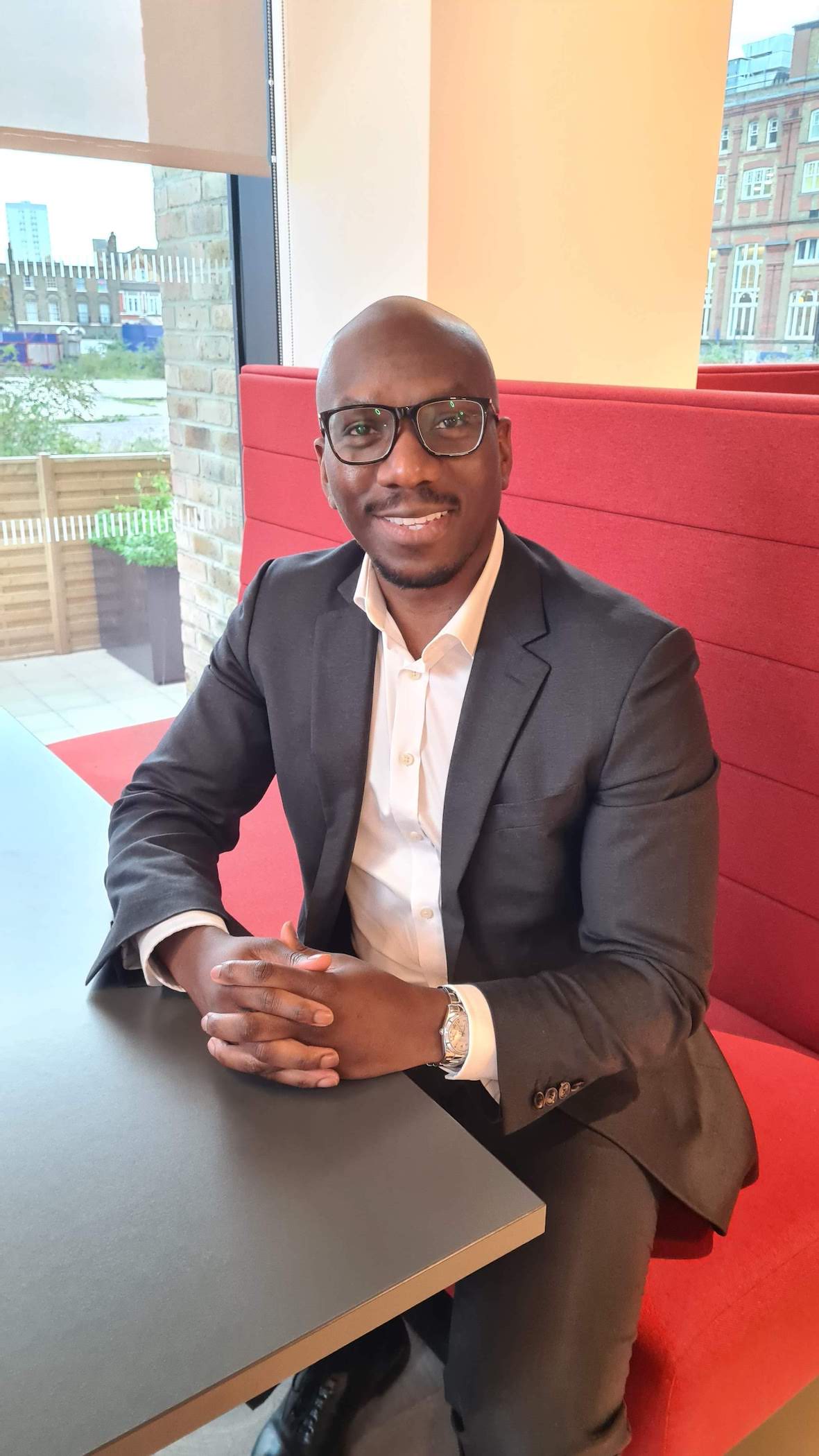Improving cancer care in north east London
Femi Odewale, Managing Director of the North East London Cancer Alliance, talks about improving cancer care in north east London, and how the hard work, collaboration, and innovation of all our dedicated cancer care staff and teams have made a positive difference to local cancer patients.

"Over the past year there have been significant improvements in cancer diagnosis and care for our residents. Our three Trusts - Barts Health, Barking, Havering and Redbridge University Hospitals NHS Trust, and Homerton Healthcare NHS Foundation Trust - have reduced the backlog of patients by nearly 40% and, since December 2023, consistently met the Faster Diagnosis Standard. This standard ensures that at least 75% of people receive a cancer diagnosis or exclusion within 28 days of referral.
Dame Cally Palmer, National Cancer Director for NHS England, and Professor Peter Johnson, National Clinical Cancer Director commended our unwavering commitment to enhancing cancer services. They said that our results show some of the most positive progress that they have seen anywhere nationally, and that our performance has been a significant contributor to the overall national position.
We achieved these results in the face of rising backlogs from Covid-19, workforce constraints, strike actions, budget limitations, high rates of non-attendance for hospital appointments, and pressure on primary care. One of our Trusts had one of the highest backlogs in England.
The demographics in north east London further complicated recovery. Over half the population is from ethnic minority communities, a quarter speak a language other than English at home, and we are working in some of the most deprived areas in the country.
So how did we turn things around? We launched a recovery initiative with a clear goal: not just to meet national cancer standards, but to provide higher quality care and a better experience for our patients, who are at the heart of everything we do.
We tackled operational, financial, clinical, and workforce challenges head-on, understanding the need to strengthen our team to meet the increasing demands for cancer care while also ensuring financial stability for our Trusts.
We didn't stop there. We aimed for a radical change in how we operate. Our vision for performance recovery involved implementing new initiatives and processes that went beyond what we had before the pandemic.
Each of the providers went above and beyond to deliver this, holding regular operational meetings to keep things on track and focussing on the cancer tumour groups that really needed support.
A special thank you goes to all cancer care staff in north east London, and in particular the Chief Operating Officers - Fiona Wheeler (BHRUT), Rebecca Carlton (Barts Health) and Emma Rowland (Homerton), the Cancer Leads - Mark Warren (Barts Health), Janet Robinson (BHRUT) and Charlotte Rowe (Homerton), and the Clinical Directors - Sas Banerjee (BHRUT), Angshu Bowmik (Homerton) and Angela Wong (Barts Health).
Collaboration was key and we took it to new levels. We worked closely with North East London Integrated Care Board, healthcare professionals, trust leadership, primary care, patient advocacy groups, and government agencies.
This involved us working directly with our Expert Reference Group clinical leads in our most challenged tumour groups, taking a look at the individual pathways and working out where improvements could be made. Weekly operational performance meetings helped resolve issues promptly and kept us on track to deliver the results.
We also introduced innovative new roles like Cancer Performance Programme Managers, Faster Diagnosis Standard nurses, and Diagnostic Leads, all aimed at improving patient outcomes.
We also brought in advanced diagnostic technologies. For example, King George Hospital was the first in the country to offer a robotic colonoscopy machine, providing a painless, non-invasive procedure. We have also expanded the use of Cytosponge, a quick and easy test which is offered an alternative to endoscopy, which saw a three-fold increase following its introduction in 2021 compared to 2023/2024.
Our investment in BHRUT Histopathology to pump prime staffing support saw our backlog halved between its highest point (4,000 patients) in August 2023. The trust was able to reduce further in our priority pathway and have since recruited substantive staff to continue to improve this position.
The result of this work has been increased cancer diagnosis rates (5,325 new diagnoses in 2023/24), improved engagement with national screening services, and reduced waiting times for diagnostics and treatment. Our Faster Diagnosis Standard improved from 71.1% to 77.4%, and our 62-Day Cancer Waiting Time improved from 65.2% to 71.7%.
These efforts positively impacted both our staff and patients. New roles and interventions improved patient experiences and established more efficient cancer care pathways within our Trusts. To hear directly from our patients about their experiences, you can watch this video: Patient Experience Video.
I'm proud of what we've achieved, and we are committed to continuing our work towards delivering the best cancer care possible.
I would like to thank all our partners in North East London Integrated Care Board, primary care, secondary care, public health, local authorities, and community organisations for their fantastic work to make this happen. Together, we will continue to achieve great things and provide the best possible care for our residents."
For more information about our work and upcoming initiatives, please visit our website.





